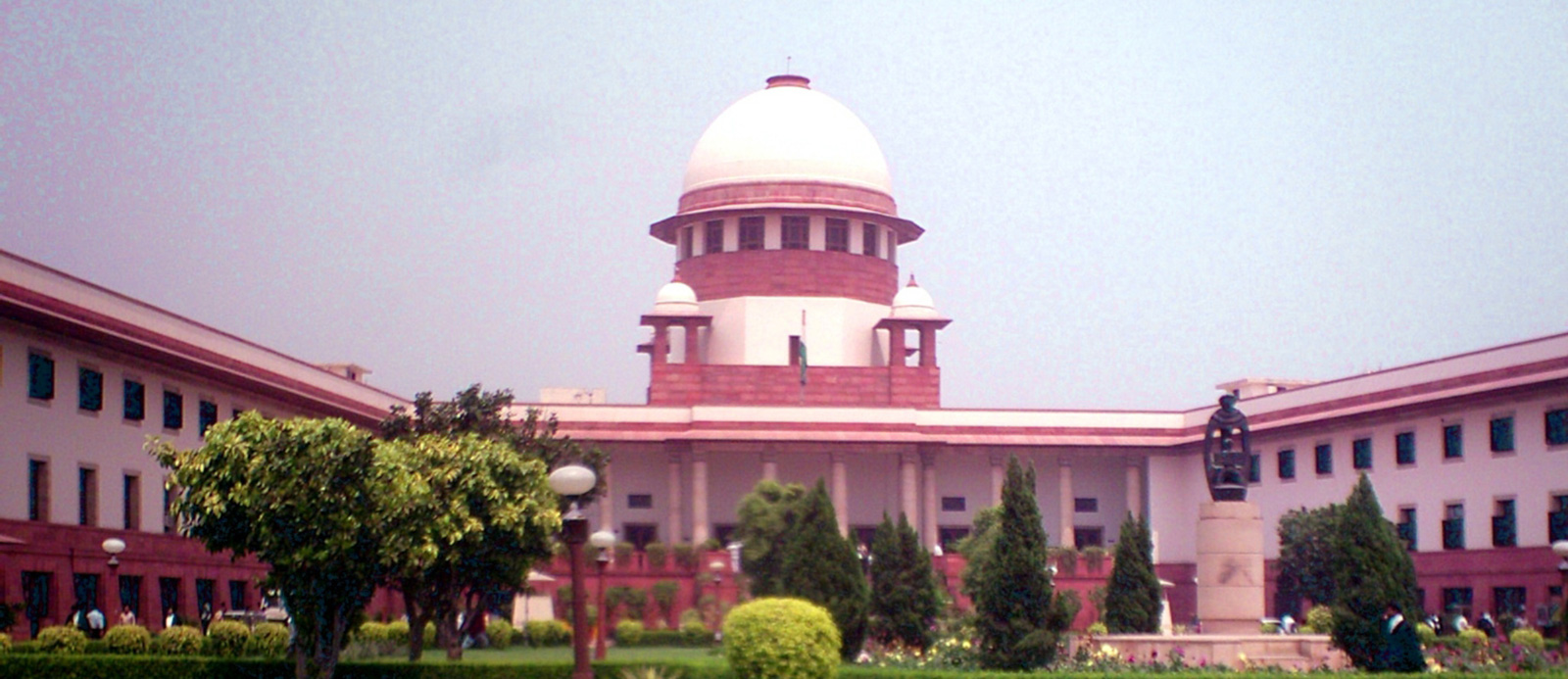
Examination of the Legal Basis for Conditional Transfers to States and Issues Relating to Performance-Based Incentives for States
Exploring the legal contours of conditional fiscal transfers to states
Summary: This report enquires into the legal basis for conditional fiscal transfers from the Union to State Governments in India, and develops a framework for the design of such transfers based on comparative best practices.
This report enquires into the legal basis for conditional fiscal transfers from the Union to state governments in India, and develops a framework for the design of such transfers based on best practices from around the world. It explains the Constitutional scheme of conditional transfers in India, by examining the distribution of revenue between the Union and the states. This analysis is grounded in three provisions of the Constitution, viz., Article 270 (governing the distribution of taxes levied and collected by the Union, to be distributed between the Union and states); Article 275 (governing all grants-in-aid); and Article 282 (governing discretionary grants whereby both centre and states are able to make grants for public purpose irrespective of legislative competence).
For a robust comparative analysis, this report undertakes an examination of selected countries across the world to draw upon best practices in the design of efficient intragovernmental transfer systems. While doing so, this report delves into the study of the design of conditional transfer schemes in various countries, which provide funding to diverse sectors. The report also examines prior experience with intergovernmental conditional transfers in India, including a summary of the recommendations of previous Finance Commissions relating to conditional transfers, particularly those channelled through Centrally Sponsored Schemes (CSS). It also analyses some CSS programmes, and weighs them against the key principles of design established under this report.
On the basis of this extensive study, this report formulates certain design principles, which can apply to all kinds of intergovernmental transfers, irrespective of whether they are made under the ambit of Article 275, or other kinds of conditional transfers like those made through CSS (usually under Article 282). In an attempt to understand and analyse the overarching role of conditional transfers in achieving policy objectives, this report undertakes an examination of the key design principles that can be employed to achieve more accountable, equitable, and efficient conditional transfers in India.






